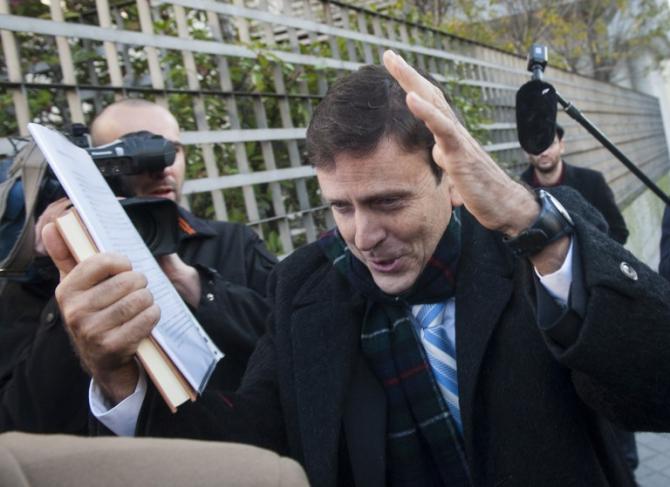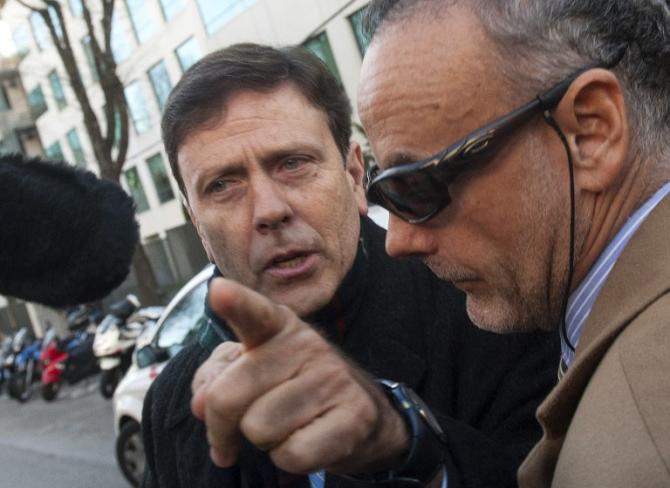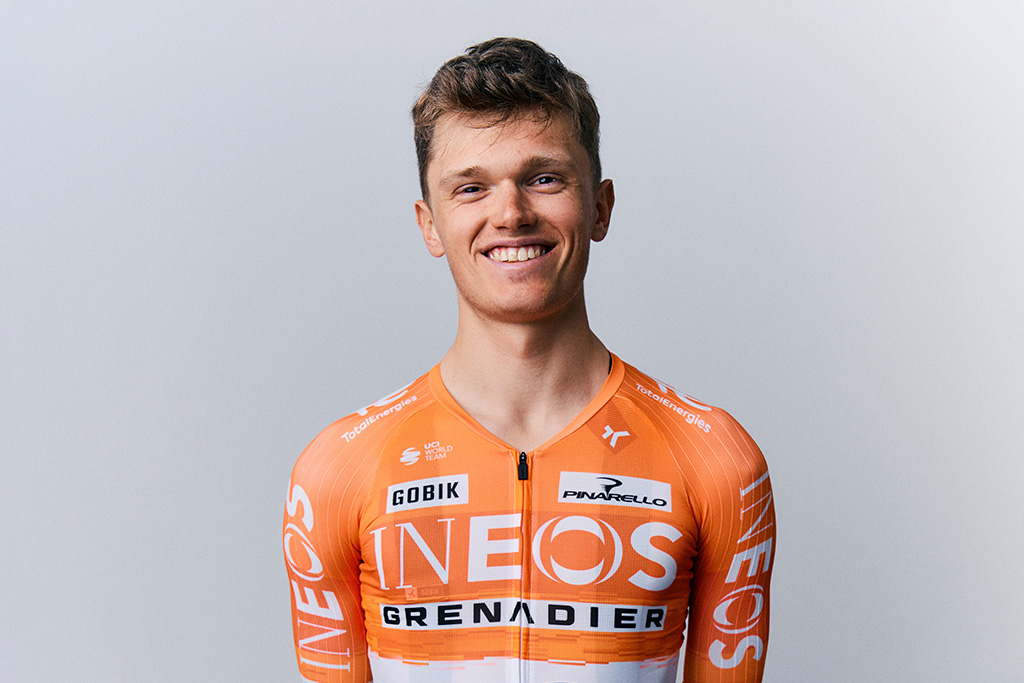Operación Puerto: Transfusions “could have led to deaths” says expert
WADA expert hugely critical of methods employed by Eufemiano Fuentes
The latest race content, interviews, features, reviews and expert buying guides, direct to your inbox!
You are now subscribed
Your newsletter sign-up was successful


The scientific expert called by the World Anti-Doping Agency has been highly critical of the blood transfusion methods employed by Operacion Puerto trial defendant Eufemiano Fuentes, saying they “could have caused serious health issues ranging from kidney problems to death.”
During almost five hours in the witness box at the end of the third week of the trial in Madrid, Dr. Yorck Olaf Schumacher said that Fuentes had failed to follow protocols relating to blood transfusions as laid down by the European Union and by royal decree in Spain. Backing up his evidence with medical and technical data, Dr. Schumacher described how Fuentes’ methods were dangerous at every part of the transfusion process, from the moment the blood was drawn from athletes, through its transport, storage and transfusion back into the athletes.
Regarded as a world expert on blood and its importance within the world of sport, Dr. Schumacher rejected the defence Fuentes had put forward on January 29 that he had carried out transfusions on cyclists and other athletes for “therapeutic reasons”. Fuentes had, said Dr. Schumacher, exposed his clients to the risk of being infected with illnesses such as hepatitis and AIDS.
He also dismissed the claim made by Fuentes, who is one of five defendants on trial for a crime against public health, that transfusions were necessary to prevent athletes being affected by anaemia. “Anaemia in athletes is not real, it’s only a case of dilution of the blood. They recover with two or three days’ rest,” he said. He was also critical of the use of transfusions during competition, saying that an athlete with weakened immune system was more at risk of infection and other health difficulties.
He made it clear that drawing blood carries a greater risk than other medical procedures, particularly when removing very significant amounts. “Extracting half a litre or a litre of blood presents greater risk than extracting the usual amounts. That’s up to 20% of the body’s total, whereas you would only extract 1% for a blood analysis,” Dr. Schumacher explained when asked about the volumes that Fuentes was drawing from athletes he was working with.
He described the process that everyone should go through when giving blood. They should first undergo a physical examination, he said. They should then be given written details on the risks and benefits of undergoing a transfusion before signing a form indicating they consented to the procedure. None of those treated by Fuentes signed a consent form.
Questioned about the locations and methods employed by Fuentes, he stated: “A hotel does not fulfil the conditions required for a transfusion like a mobile unit or an education centre does… A cool bag for picnics isn’t the best thing for transporting blood because it needs to be kept at a monitored and constant temperature.” He added that European regulations prohibited the use of conventional freezers such as those in domestic use for the storage of blood bags.
The latest race content, interviews, features, reviews and expert buying guides, direct to your inbox!
He was also critical of Fuentes’ use of homologous blood transfusions (between people), saying they carried a higher risk than autologous transfusions (transfusing one's own blood), but made clear that any transfusion could lead to difficulties. “A reaction to a transfusion could result in organs failing and even lead to death.” Asked about blood being transfused that had not been returned to the correct temperature after storage, Dr. Schumacher explained that this “can lead to fatal arrhythmia”. Earlier this week, ex-pro Jörg Jaksche claimed he had undergone a transfusion using a blood bag that had not been fully defrosted, causing severe palpitations of this kind.
The trial continues on Monday when five more medical experts will be giving evidence.
Peter Cossins has written about professional cycling since 1993 and is a contributing editor to Procycling. He is the author of The Monuments: The Grit and the Glory of Cycling's Greatest One-Day Races (Bloomsbury, March 2014) and has translated Christophe Bassons' autobiography, A Clean Break (Bloomsbury, July 2014).
